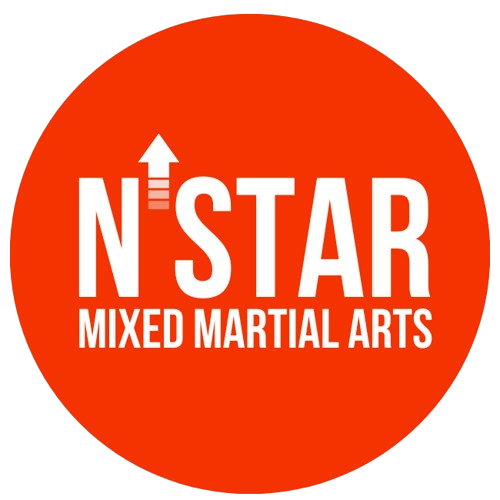
My two favorite words in the English language.
Yes, and No.
Yes is usually my first favorite, because it means I’m going to get what I want, or that we are in agreement so we can move forward.
No is also super useful. Now, I may not get what I want, or maybe we can’t move forward cooperatively, but at least I know that the options have been whittled down and I can focus on something else.
I really, really, hate the words “maybe” or “I’ll try.”
These are weak words.
The words “yes” and “no” are words of ownership. Words that people who take authority over their lives use.
When someone says “maybe” or “I’ll try,” they often are suggesting that their fate is held in the hands of chance or the actions of others.
These words don’t create resolution, they only create uncertainty and disorder. They place us in a world where we are subject to the will of others (and, realistically, this is often the case – but focusing on this is not a productive effort).
When we say “yes, I will,” we are saying that we will impose our will on the chaos and uncertainty of the world. When we say “no, I will not,” we are saying equally that we will not impose our will on the world. Both of these are active measures, spoken from a place of authority, that put our lives in our control.
As such, we should never tell ourselves that we “might” do something, or that we will “try” to do something. We should speak to ourselves in absolutes–I WILL or I WILL NOT.
Take authority of your decisions, and take authority over the reality in which you live. You know, be the author of your own story.
It all starts with our language.







